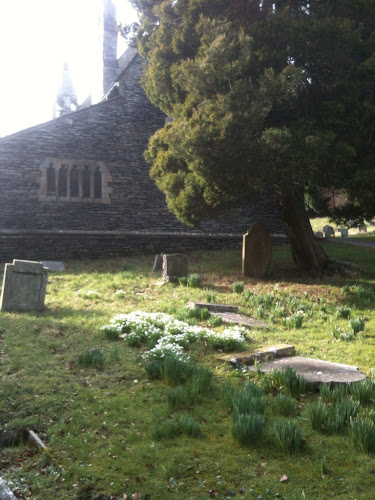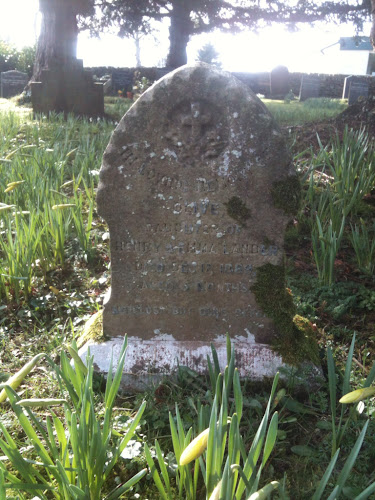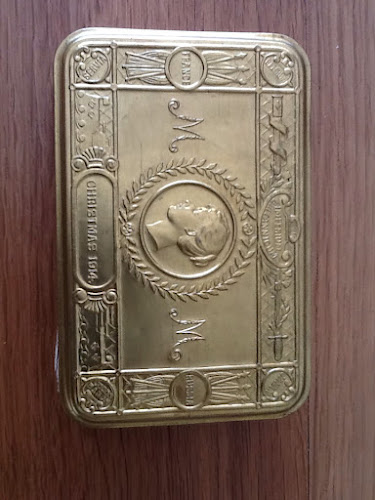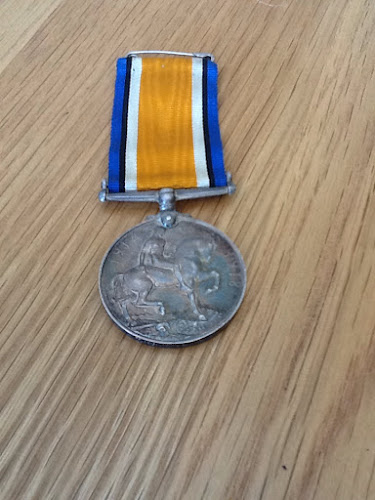My great, great grandfather's newspaper obituary shows how valuable obitutaries can be to the family historian:
Southampton newspaper obituary 1882
SUDDEN DEATH OF Mr. H. A. LINFORD -the town experienced another painful example of the uncertainty of human life on Monday evening. Following almost immediately upon the melancholy decease of Mr. C. Horseman, the sudden death of Mr. H. A. Linford, of the South-Western Hotel, caused the profoundest consternation.
About 8 o'clock Mr. Linford entered his private office, and transacted certain business matters, then feeling rather unwell, but there appeared to be no cause for apprehending any danger. However, half an hour later, J. A. Tibbs, one of the porters at the hotel, entering the office, discovered his employer upon the floor, quite dead. He had fallen forward out of the chair, and there being a newspaper under him, it is supposed that having completed the writing, he was reading the paper when a fit seized him, and he fell forward an expired almost immediately.
Mr. Linford had for some time been suffering from heart disease, and during the last six months has paid occasional visits to a London physician, whom the same morning he had expressed an intention of seeing again on Wednesday. The deceased has also been treated by Dr. Wiblin and Dr. Beneraft, and the latter gentleman had seen him twice on the day of his death; in fact, he was with him an hour before the melancholy event occurred. The coroner (Mr. W. Coxwell) was immediately communicated with, and a jury was summoned to hold an inquest yesterday (Tuesday) afternoon, but later on an inquiry was deemed to be un-necessary, as Dr. Bencraft was perfectly prepared to certify as to the cause of death.
Mr. Linford was born in 1826. His father was a chemist and druggist at Canterbury, was a member of the Town Council there, and a Sheriff of the city. Daring his early life Mr. Linford was engaged in banking business in London, and more latterly as secretary to some of the large hotel companies. In 1870 he furnished and opened the South Western Hotel, with Mr. Catherwood, but the partnership lasted but a few years, and Mr. Linford became the sole proprietor. During his residence in Southampton he took a great interest in local matters.
In the year 1874 he was an active opponent to the purchase of the Gas Works by the town, and acted in the capacity of hon. secretary to the committee formed for opposing the project. In the following year he was elected a representative of St. Mary's Ward in the Town Council, and upon his offering himself for re-election three years later, was ,returned unopposed, in conjunction with Alderman a Dunlop, J.P., and Mr. J. P. Weston. On his term of office expiring in November last he did not offer himself for re-election, and consequently ceased to be a member of the Council. Mr. Linford leaves a wife and family of one son and seven daughters to mourn their loss, and great sympathy is felt for them in their sudden bereavement. The cause of death is certified to be “Angina pectoris.”
In the article not only do we have facts about his death but also his life and family.






















